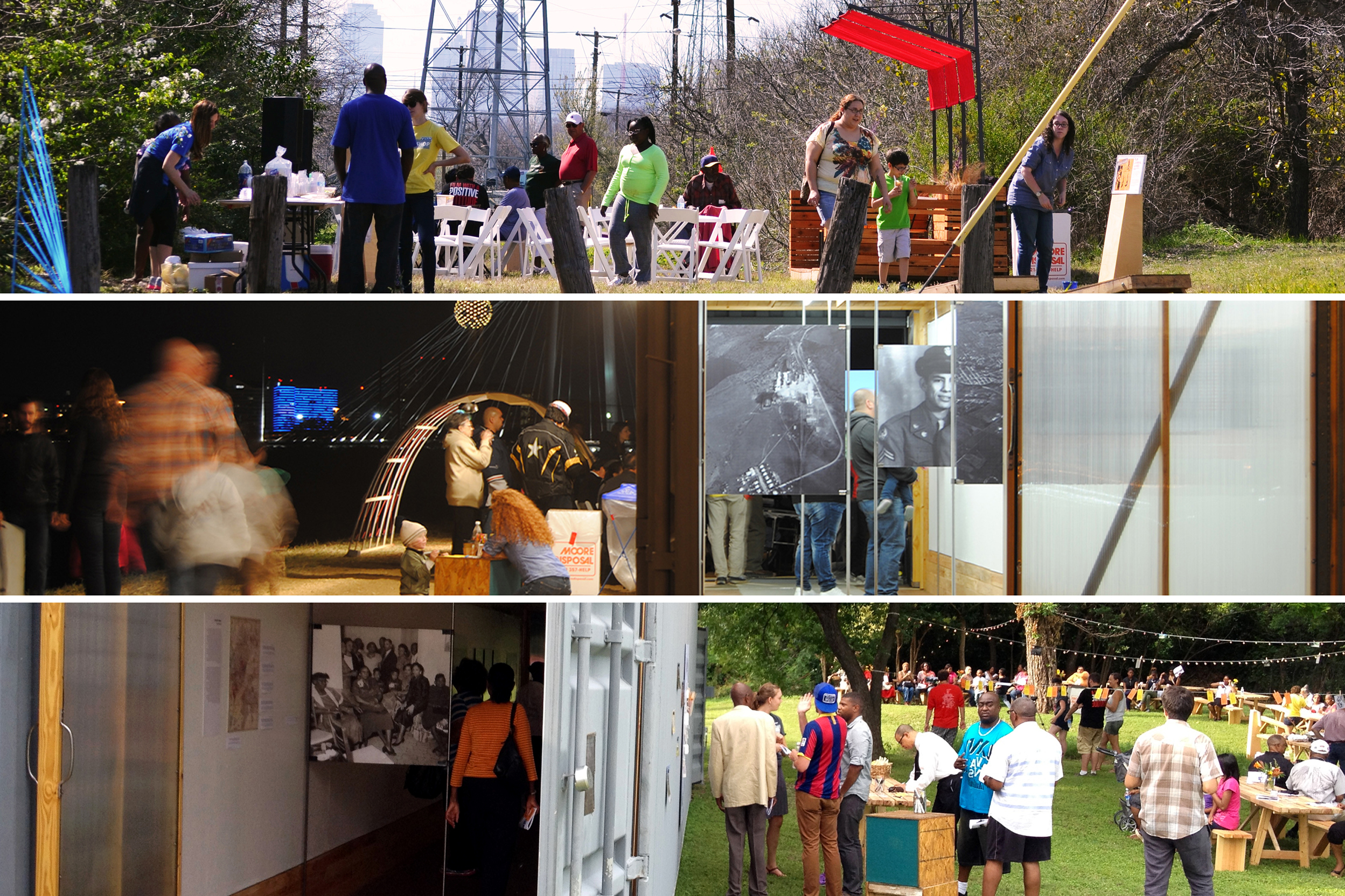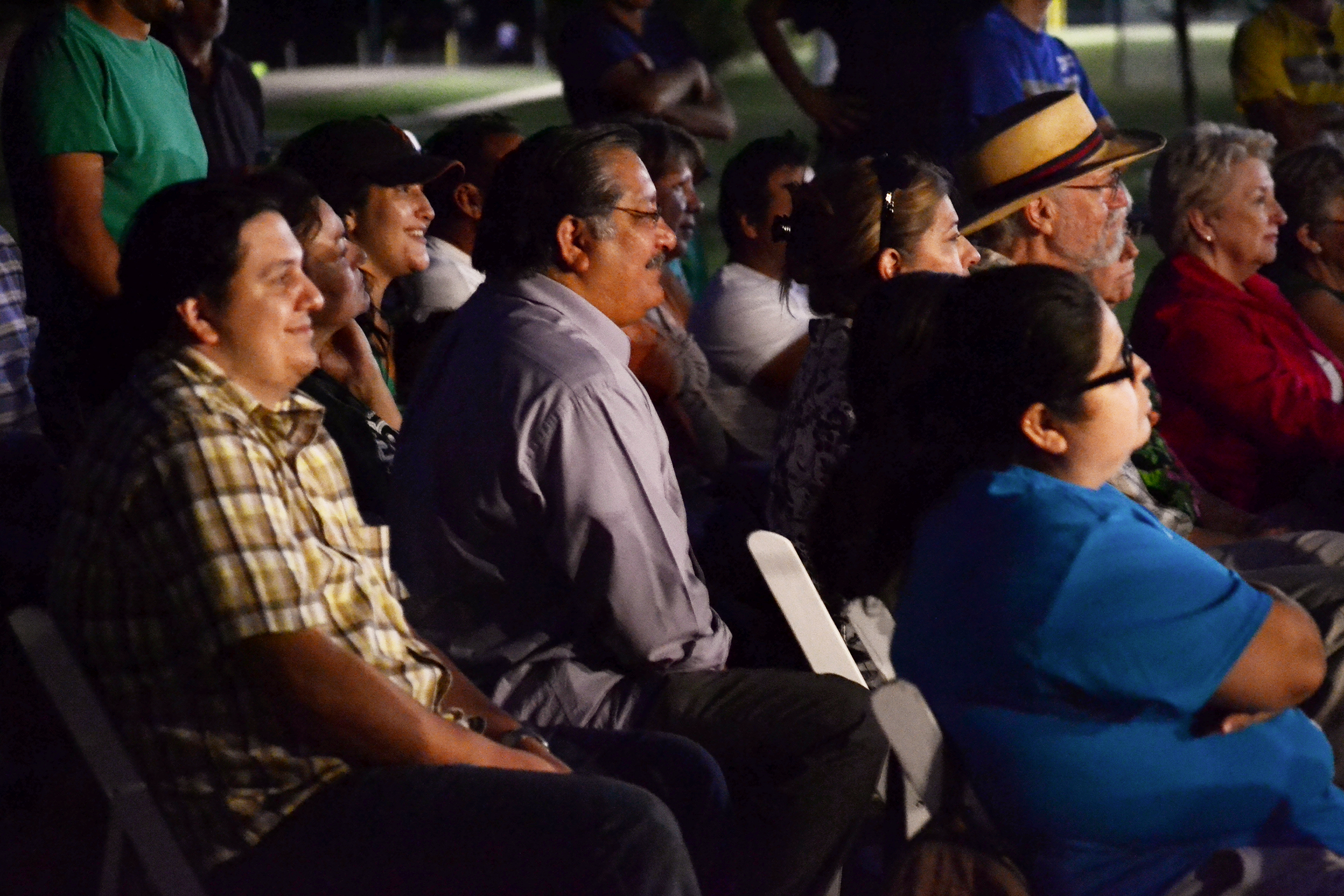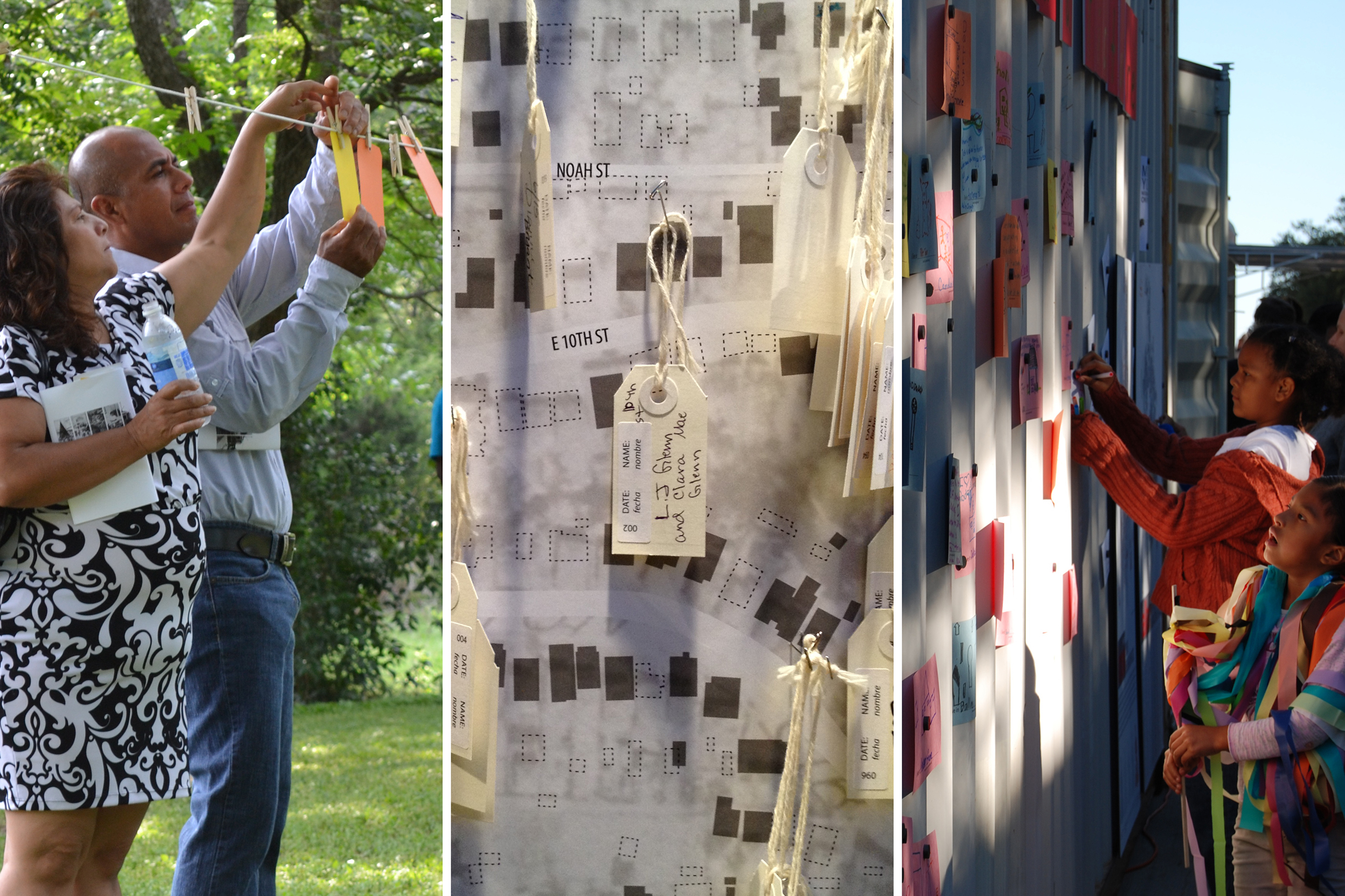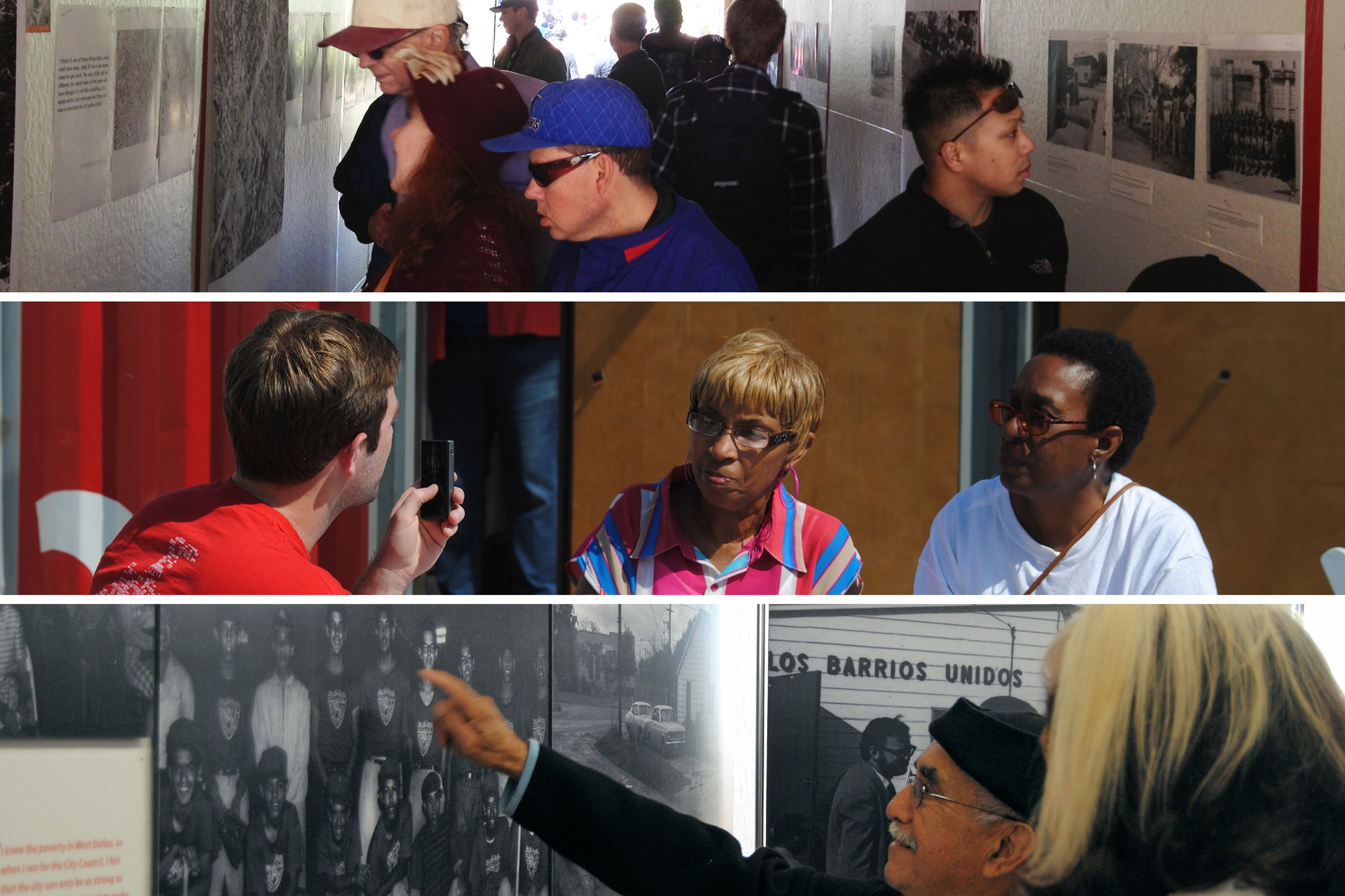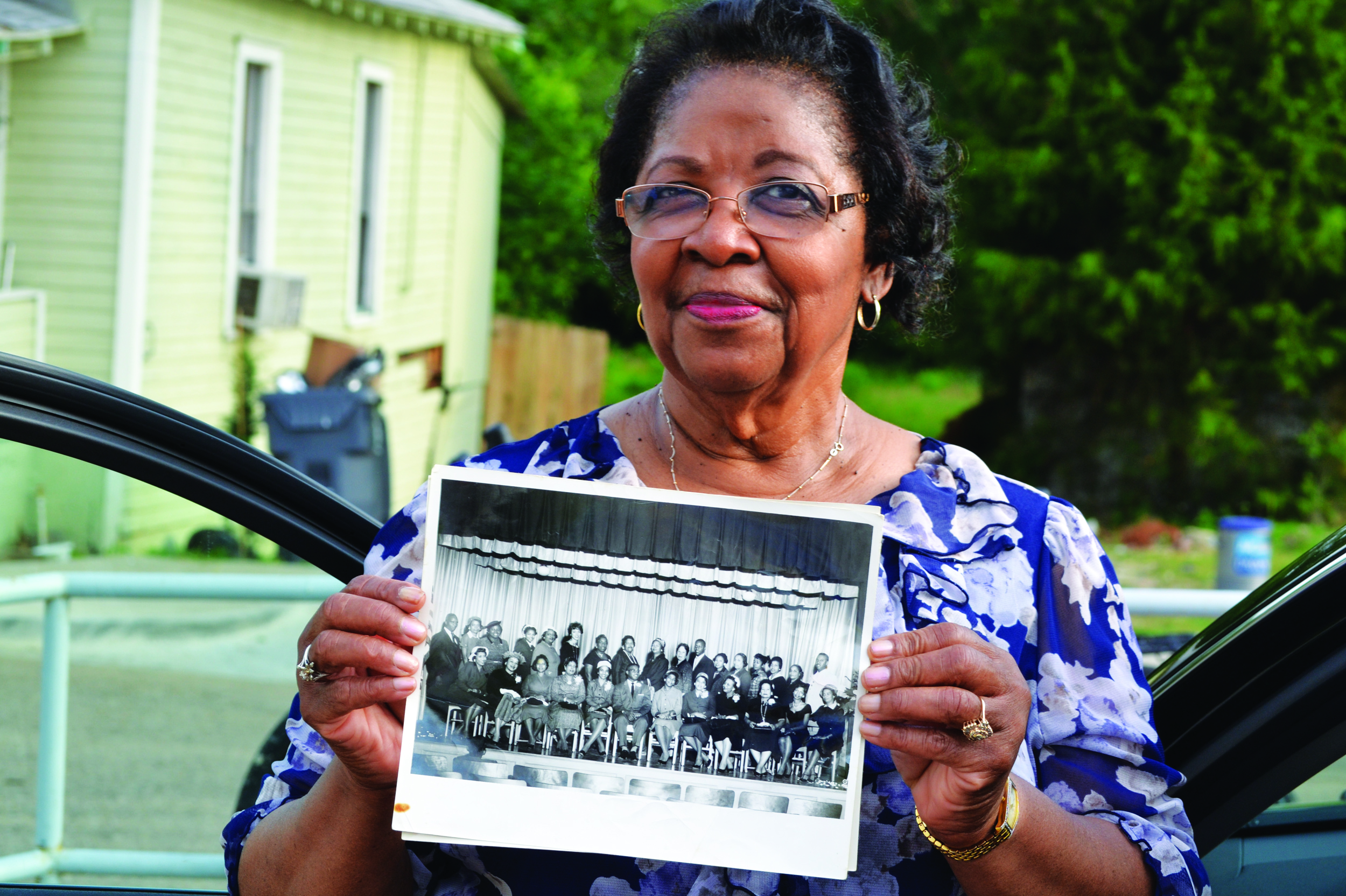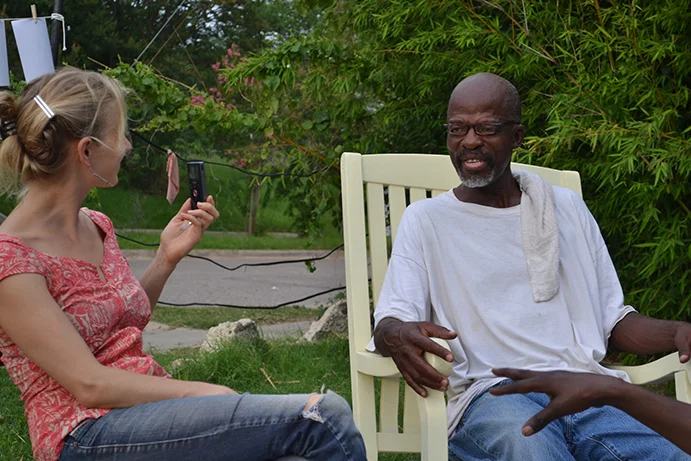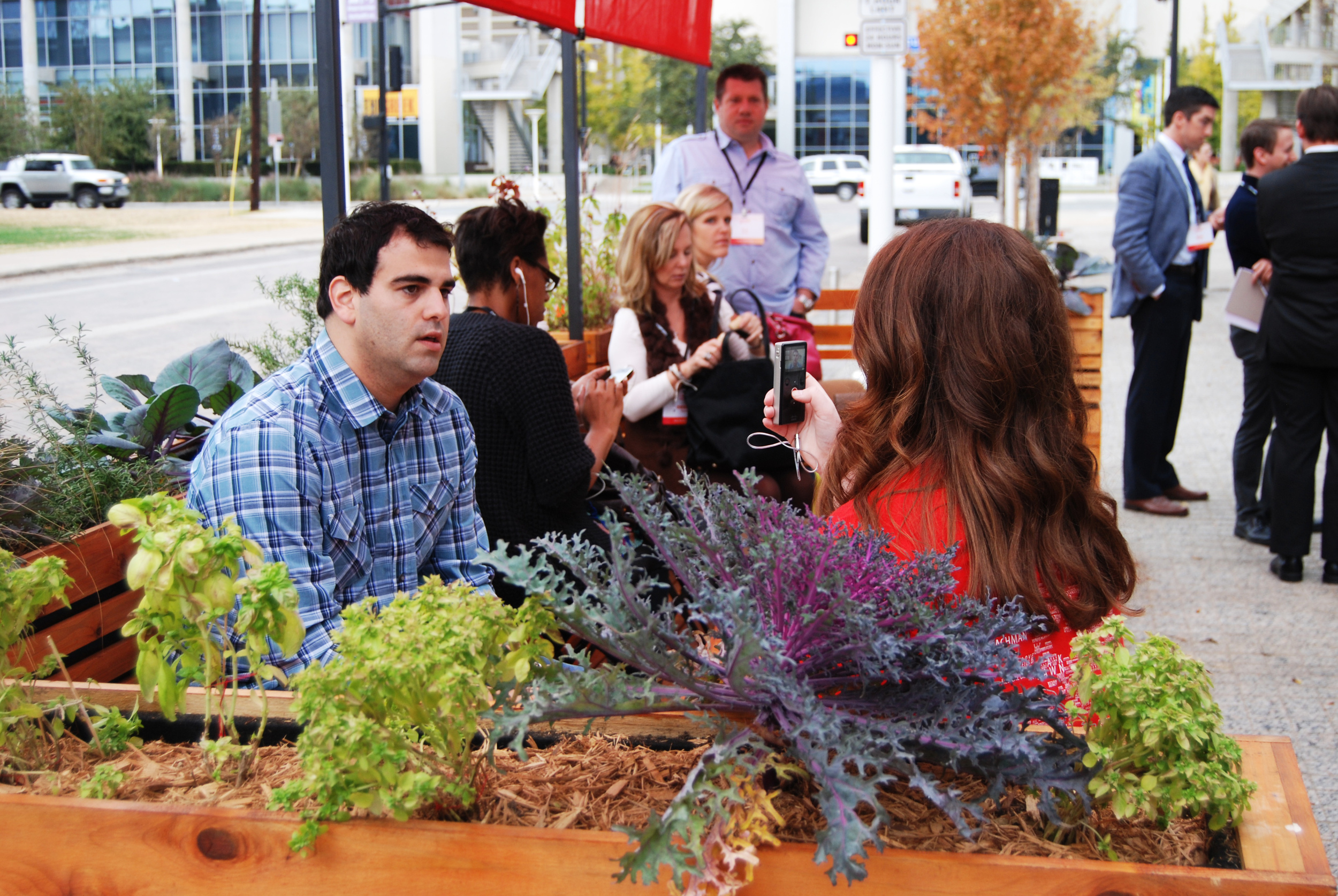We are publishing a collection of reports and documents prepared by bcANALYTICS to help nonprofit and community-based organizations serve their clients and communities through data-driven research and analysis. Check out more bcANALYTICS reports here.
INTRODUCTION
The YWCA of Metropolitan Dallas (YW) is moving from operating as a virtual organization with dispersed services to opening the YW Women’s Center Ebby’s Place located at 2603 Inwood Road in Dallas, increasing its public presence and ability to offer wrap-around services. As YW prepares for this shift, the organization is considering how to sustain its current clients, how existing and new clients access the Center, and opportunities for outreach and programming to neighborhoods and organizations nearby.
This study provides contextual data on low-income women and families and the difficulty of making ends meet, local data on YW’s target clientele, visualization of YW’s current service delivery, and information on the neighborhoods, resources, and transit access near the new YW Women’s Center. The goal of this report is to aid YW in informed decision-making on their outreach and service delivery as they work to guide women toward self sufficiency.
Below is an excerpt from the YWCA report. Read the full report here!
THIS WORK IS SUPPORTED BY
As the largest community foundation in Texas and one of the largest in the nation, Communities Foundation of Texas (CFT) works with families, companies and nonprofits to strengthen our community through a variety of charitable funds and strategic grantmaking initiatives. The foundation professionally manages more than 900 charitable funds and has awarded more than $1.3 billion in grants since its founding in 1953. Increasing financial stability of working families is one of the two key focus areas of CFT’s community impact funds. To support this area, CFT has launched the Data Driven Decision-Making (D3) Institute. The D3 Institute is designed to provide organizations that offer programs and services for low-income working families the power to accelerate their development of enduring solutions to the social and economic problems facing this population. www.cftexas.org/D3
![[bc]](http://images.squarespace-cdn.com/content/v1/5248ebd5e4b0240948a6ceff/1412268209242-TTW0GOFNZPDW9PV7QFXD/bcW_square+big.jpg?format=1000w)
![YW_ bcW Final Report November 2014 [spreads] 4.jpg](https://images.squarespace-cdn.com/content/v1/5248ebd5e4b0240948a6ceff/1474907388729-NBH43IB9HFXB354VEDW0/YW_+bcW+Final+Report+November+2014+%5Bspreads%5D+4.jpg)
![YW_ bcW Final Report November 2014 [spreads] 5.jpg](https://images.squarespace-cdn.com/content/v1/5248ebd5e4b0240948a6ceff/1474907389138-4W9IIK82VYE5O5U8S2YI/YW_+bcW+Final+Report+November+2014+%5Bspreads%5D+5.jpg)
![YW_ bcW Final Report November 2014 [spreads] 6.jpg](https://images.squarespace-cdn.com/content/v1/5248ebd5e4b0240948a6ceff/1474907395839-AYGCJO99IVYT23EM0RBU/YW_+bcW+Final+Report+November+2014+%5Bspreads%5D+6.jpg)
![YW_ bcW Final Report November 2014 [spreads] 7.jpg](https://images.squarespace-cdn.com/content/v1/5248ebd5e4b0240948a6ceff/1474907395870-90IF82AQLG1EZ4MWZ61S/YW_+bcW+Final+Report+November+2014+%5Bspreads%5D+7.jpg)
![YW_ bcW Final Report November 2014 [spreads] 8.jpg](https://images.squarespace-cdn.com/content/v1/5248ebd5e4b0240948a6ceff/1474907403299-FTQNFVVB447PE5PRU9SQ/YW_+bcW+Final+Report+November+2014+%5Bspreads%5D+8.jpg)
![YW_ bcW Final Report November 2014 [spreads] 9.jpg](https://images.squarespace-cdn.com/content/v1/5248ebd5e4b0240948a6ceff/1474907403319-0OSN2ZTV3G274O1MBFRO/YW_+bcW+Final+Report+November+2014+%5Bspreads%5D+9.jpg)
![YW_ bcW Final Report November 2014 [spreads] 10.jpg](https://images.squarespace-cdn.com/content/v1/5248ebd5e4b0240948a6ceff/1474907412744-UN0MCZGNCUR9ZBIVIW87/YW_+bcW+Final+Report+November+2014+%5Bspreads%5D+10.jpg)
![YW_ bcW Final Report November 2014 [spreads] 11.jpg](https://images.squarespace-cdn.com/content/v1/5248ebd5e4b0240948a6ceff/1474907420109-AA4003T0X62SP75AAFMM/YW_+bcW+Final+Report+November+2014+%5Bspreads%5D+11.jpg)
![YW_ bcW Final Report November 2014 [spreads] 12.jpg](https://images.squarespace-cdn.com/content/v1/5248ebd5e4b0240948a6ceff/1474907418731-GRME5ZGJJ5ZGMOA5LAKQ/YW_+bcW+Final+Report+November+2014+%5Bspreads%5D+12.jpg)
![YW_ bcW Final Report November 2014 [spreads] 13.jpg](https://images.squarespace-cdn.com/content/v1/5248ebd5e4b0240948a6ceff/1474907426410-2LT7Y5RY848Y7N4BDN9C/YW_+bcW+Final+Report+November+2014+%5Bspreads%5D+13.jpg)
![YW_ bcW Final Report November 2014 [spreads] 14.jpg](https://images.squarespace-cdn.com/content/v1/5248ebd5e4b0240948a6ceff/1474907424900-Q8922R30L5QQZQKMSWXX/YW_+bcW+Final+Report+November+2014+%5Bspreads%5D+14.jpg)




